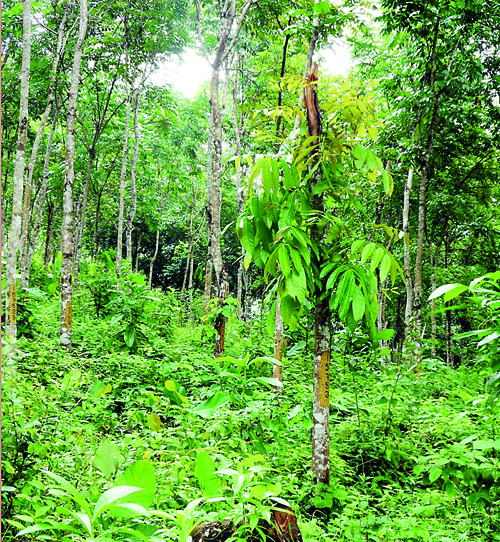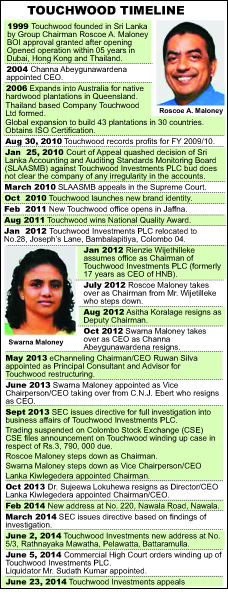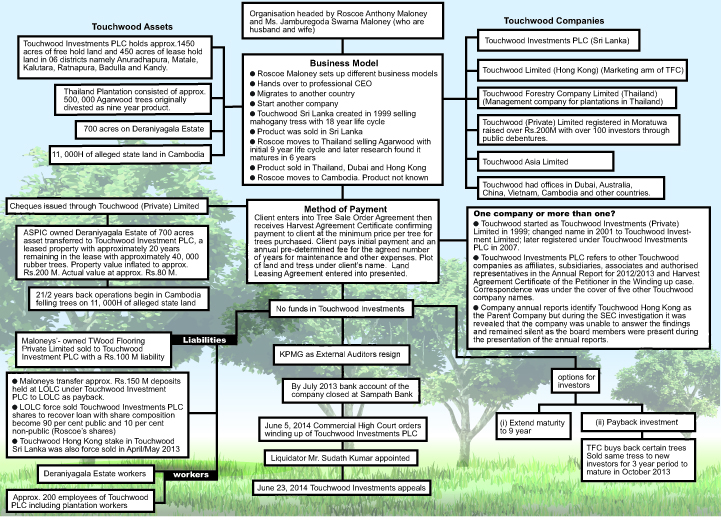(Reuters) - Sri Lankan stocks rose for a fifth straight session on Monday to close at their highest in more than a year, led by large-caps such as Ceylon Tobacco Company PLC amid lower interest rates and continued foreign buying boosting investor sentiment.
The main stock index rose 0.24 percent, or 15.13 points, to close at 6,378.62, its highest since June 5, 2013.
Analysts said the market would move sideways in the short term with lesser risk due to lower interest rates, with yields on treasury bills edging down further on Wednesday at a weekly auction.
Analysts said foreign buying could continue due to lower inflation after the government data showed annual inflation eased to 2.8 percent in June, its lowest since February 2012, edging down from 3.2 percent a month ago
"With low interest rates and low inflation, investors are looking at taking positions in the market due to continued foreign buying," said a stockbroker, asking not to be named.
The bourse saw net foreign inflows for the fifth straight session. Foreign investors were net buyers of 184.7 million rupees ($1.42 million) of stocks on Monday, extending foreign inflows so far this year to 6.25 billion rupees.
However, analysts said investors are concerned over the recent ethnic violence and possible implications of a government spokesman saying Sri Lanka bought Iran crude via third parties.
Ceylon Tobacco Company rose 1.34 percent to 1,063.90 rupees a share.
Turnover was 1.45 billion rupees, higher than this year's daily average of 993.8 million rupees.
The market has been on a rising trend since late February due to continued foreign buying and lower interest rates. ($1 = 130.3000 Sri Lankan rupees) (Reporting by Ranga Sirilal and Shihar Aneez; Editing by Sunil Nair)
The main stock index rose 0.24 percent, or 15.13 points, to close at 6,378.62, its highest since June 5, 2013.
Analysts said the market would move sideways in the short term with lesser risk due to lower interest rates, with yields on treasury bills edging down further on Wednesday at a weekly auction.
Analysts said foreign buying could continue due to lower inflation after the government data showed annual inflation eased to 2.8 percent in June, its lowest since February 2012, edging down from 3.2 percent a month ago
"With low interest rates and low inflation, investors are looking at taking positions in the market due to continued foreign buying," said a stockbroker, asking not to be named.
The bourse saw net foreign inflows for the fifth straight session. Foreign investors were net buyers of 184.7 million rupees ($1.42 million) of stocks on Monday, extending foreign inflows so far this year to 6.25 billion rupees.
However, analysts said investors are concerned over the recent ethnic violence and possible implications of a government spokesman saying Sri Lanka bought Iran crude via third parties.
Ceylon Tobacco Company rose 1.34 percent to 1,063.90 rupees a share.
Turnover was 1.45 billion rupees, higher than this year's daily average of 993.8 million rupees.
The market has been on a rising trend since late February due to continued foreign buying and lower interest rates. ($1 = 130.3000 Sri Lankan rupees) (Reporting by Ranga Sirilal and Shihar Aneez; Editing by Sunil Nair)





-tas-6.jpg)
-tas-3.jpg)
-tas-4.jpg) Focusing on overcoming multitude of challenges that followed the closure of the factory, DPL took a strategic decision to incorporate a new glove manufacturing facility at the BOI’s Biyagama industrial zone.
Focusing on overcoming multitude of challenges that followed the closure of the factory, DPL took a strategic decision to incorporate a new glove manufacturing facility at the BOI’s Biyagama industrial zone.